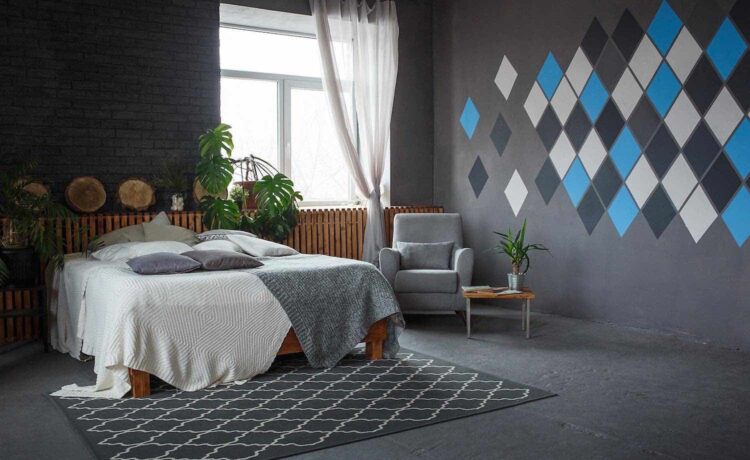When designing or renovating a space, it is important to consider the levels of noise transmission in and out of the area. There are many factors that can contribute to the amount of sound that travels, such as the number of people using the space, the type of flooring and walls, and the location of the room. If you find yourself in a space that is constantly interrupting your work or relaxation due to outside noise, it may be time to consider sound insulation.
Considerations for Sound Insulation
When considering whether or not you need sound insulation in your room, understanding the various aspects of sound insulation is crucial. There are several factors to consider when examining sound insulation options, including the type of insulation, the materials used, and the thickness of the insulation.
Environmental aspects such as the location of your room and the types of noise from outside sources must also be considered. Understanding these considerations can help you make an informed decision on what type of sound insulation is needed for your particular situation.
Benefits of Sound Proofing a Room
If you are someone who regularly encounters distracting noise in your room, whether from external sources or from within the room itself, you may benefit from sound proofing. Sound proofing is the process of creating a barrier to prevent sound from passing through a surface, resulting in a quieter environment. The benefits of sound proofing a room are numerous.
Firstly, it allows for uninterrupted sleep and rest, which is crucial for maintaining good physical and mental health. Secondly, it can improve concentration and productivity, as external noise is minimized, making it easier to focus on tasks. Lastly, it increases the value of a property, as potential buyers or tenants are often willing to pay more for a space that is sound proofed. Overall, sound proofing can greatly enhance the quality of life and work in any room, making it a worthwhile investment for those seeking a quieter and more productive environment.
Common Soundproofing Materials
Sound insulation is an important consideration for anyone who wants to control noise levels in their home or workspace. There are several common materials that are used for soundproofing, each with their own unique properties and benefits.
The first and most common material is acoustic foam, which is designed to absorb sound waves and reduce noise levels. It is also lightweight, flexible, and easy to install, making it a popular choice for home recording studios, offices, and bedrooms. Second, there are fiberglass batts, which are composed of fine, flexible glass fibers and provide excellent insulation properties.
Finally, mass loaded vinyl is a highly effective sound insulation material that is commonly used in commercial settings. It is dense and heavy, so it needs to be installed by professionals, but it is also incredibly effective at blocking out unwanted noise. Ultimately, the best soundproofing material for your room will depend on its size, shape, and the type of noise you want to reduce.
Installation Requirements and Process
Before installing sound insulation in a room, it is important to understand the installation requirements and process. First, it is essential to measure the dimensions of the room accurately to determine the amount of sound insulation material needed. The material should be installed in such a way as to cover all the surfaces that sound waves can pass through, including walls, ceilings, and floors.
It is recommended to hire a professional contractor for the installation process to ensure that the material is placed correctly and efficiently. The installation process typically involves cutting the sound insulation material to size, fitting it tightly in the designated area, and ensuring proper sealing. It is important to follow the manufacturer’s instructions and safety precautions during the installation process to avoid any potential hazards. Finally, after installation, it is recommended to test the room’s soundproofing effectiveness using a meter or other sound measuring device to ensure optimal sound insulation performance.
To sum it up, sound insulation can make a significant difference in creating a peaceful and comfortable environment by reducing the unwanted noise in your room. The decision to install sound insulation ultimately depends on your specific needs and situation.














